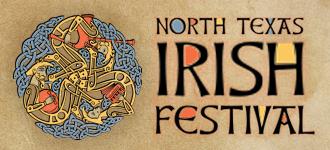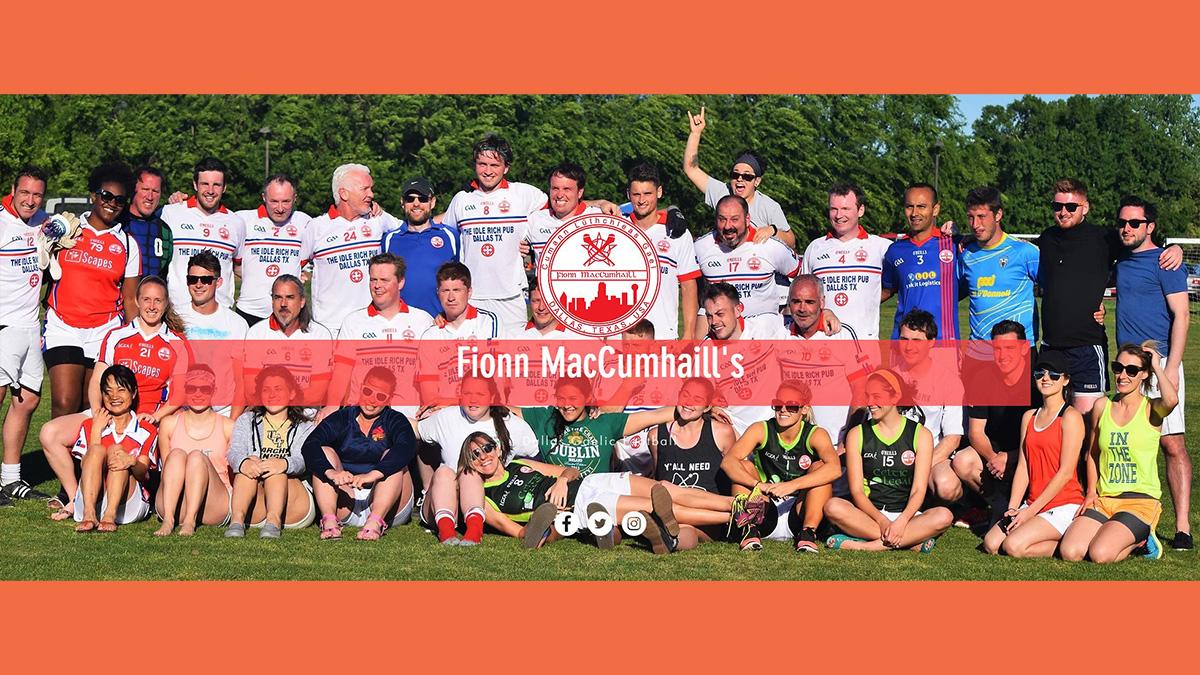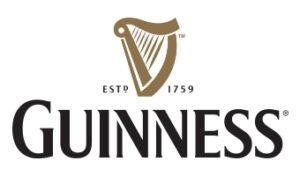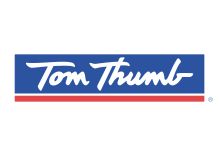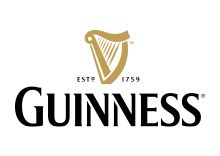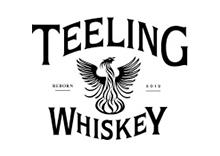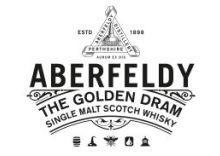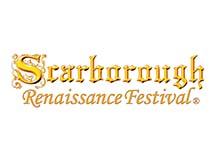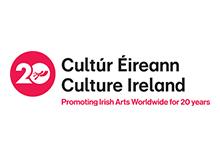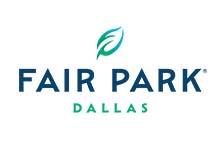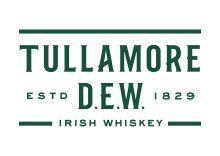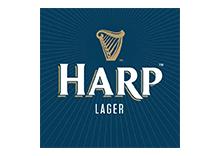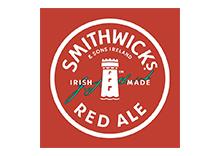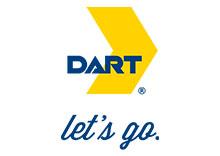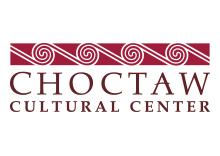Gaelic Sports
Online:
Gaelic sports are alive and well in North Texas. Fionn MacCumhaill's (pronounced: Finn Mc Cool's) is an athletic and social club that was founded in May of 2010, originally as a North Texas Gaelic football club. Their mission is to build the foundation for an open and inclusive member-focused sports and social club, promoting Gaelic games and creating a lifelong community in the Dallas/Fort Worth area.
The club sends both men's and women’s Junior and Senior teams to compete in the Texas Cup - a state-wide competition against teams from San Antonio, Austin, and Houston. Since 2011 they have also been sending men’s and teams to the North American GAA Finals.
There are six different games in the family of Gaelic Games: Gaelic Football, Hurling, Handball, Rounders, Camogie and Ladies Football.
Hurling/Camogie and Gaelic football/Ladies Football field invasion games played between teams of 15 players while Handball is played by 2 or 4 players striking a small ball against a wall. Rounders is a field game similar to baseball.
Hurling, Gaelic Football, Handball and Rounders are governed by the GAA while the Camogie Association and the Ladies Gaelic Football Association govern Camogie and Ladies Football respectively.
Probably the most common game is Gaelic Football, a distinctly Irish field invasion game played with a round football which can be caught, kicked and hand passed. The ball used is round and slightly smaller than a soccer ball. It can be carried in the hand for a distance of four steps and can be kicked or "hand-passed", a striking motion with the hand or fist. After every four steps the ball must be either bounced or "solo-ed", an action of dropping the ball onto the foot and kicking it back into the hand. Players may contest for the ball by playing it with the hand or by shoulder charging an opponent side-to-side.
To score, you put the ball over the crossbar by foot or fist for one point or under the crossbar and into the net by foot or the hand / fist in certain circumstances for a goal, the latter being the equivalent of three points.
The final of the All-Ireland Senior Championship, held every year at Croke Park, Dublin, draws crowds of more than 80,000 people.
Hurling (Irish: iománaíocht, iomáint) is an outdoor team game of ancient Gaelic Irish origin, played by men and women. One of Ireland's native Gaelic games, it shares a number of features with Gaelic football, such as the field and goals, the number of players and much terminology. The same game played by women is called camogie (camógaíocht), which shares a common Gaelic root.
The objective of the game is for players to use an ash wood stick called a hurley (in Irish a camán, pronounced /ˈkæmən/ or /kəˈmɔːn/) to hit a small ball called a sliotar /ˈʃlɪtər/ between the opponent's goalposts either over the crossbar for one point or under the crossbar into a net guarded by a goalkeeper for three points. The sliotar can be caught in the hand and carried for not more than four steps, struck in the air or struck on the ground with the hurley. It can be kicked, or slapped with an open hand (the hand pass), for short-range passing. A player who wants to carry the ball for more than four steps has to bounce or balance the sliotar on the end of the stick (solo), and the ball can be handled only twice while in the player's possession.
Hurling was an unofficial sport at the 1904 Summer Olympics in St. Louis, Missouri, in the United States. In the final, Fenian F.C. (Chicago) USA beat Innisfails (St. Louis). This was the only time hurling was in the Olympics.
Members of the Dallas GAA will be demonstrating and answering questions about the sports on the Fountain Field at the downtown end of the Automobile Building.
